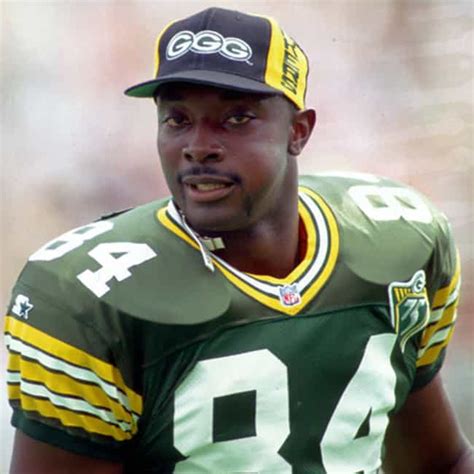A Quote by Daniel Negreanu
I am most challenged by playing cash games against the world's top players. These games force me to think several moves in advance, like in a game of chess. And though I also find tournaments fun to play, they just don't provide the constant brain buzz that cash game players crave.
Related Quotes
In tournaments, players typically raise when they enter the pot. In cash games, though, players are more likely to limp in before the flop. That's because cash games are usually deeper-stacked, meaning that players will have a higher ratio of chips in relation to the blinds than they would in a tournament.
Chess, which exists predominantly in two dimensions, is one of the world's most difficult games. Three-dimensional chess is an invitation to insanity. But human relationships, even of the simplest order, are like a kind of four-dimensional chess, a game whose pieces and positions change subtly and inexorably between moves, whose players stare dumbly while their powerful positions deteriorate into hopeless predicaments and while improbable combinations suddenly become inevitable. To make matters worse, some games are open to any number of players, and all sides are expected to win.
For young players, their minds are not overloaded. I am 54 with four kids and I do many other things. Even if I stopped everything else, spent months working just on chess, for a long match against most of the top players, a classical match, six hours, say, I don't stand a chance. I have a better chance in shorter matches. Rapid is 25 minutes, or blitz events where you have five minutes to make a move, or bullet games, where it is one minute. For blitz, five-minutes chess, I would be top ten, top five. But longer games, no chance.
I used to play a lot of chess and competitive chess and study chess and as you get to the grandmasters and learn their styles when you start copying their games like the way they express themselves through... The way Kasparov or Bobby Fischer expresses themselves through a game of chess is it's astonishing. You can show a chess master one of their games and they'll say "Yeah, that is done by that player."
Boxing is a glorious sport to watch and boxers are incredible, heroic athletes, but it's also, to be honest, a stupid game to play. Even the winners can end up with crippling brain damage. In a lot of ways, hustling is the same. But you learn something special from playing the most difficult games, the games where winning is close to impossible and losing is catastrophic: You learn how to compete as if your life depended on it. That's the lesson I brought with me to the so-called "legitimate" world.
All experiments that are related to the games when you have humans versus machines in the games - whether it's chess or "Go" or any other game - machines will prevail not because they can solve the game. Chess is mathematically unsolvable. But at the end of the day, the machine doesn't have to solve the game. The machine has to win the game. And to win the game, it just has to make fewer mistakes than humans. Which is not that difficult since humans are humans and vulnerable, and we don't have the same steady hand as the computer.































